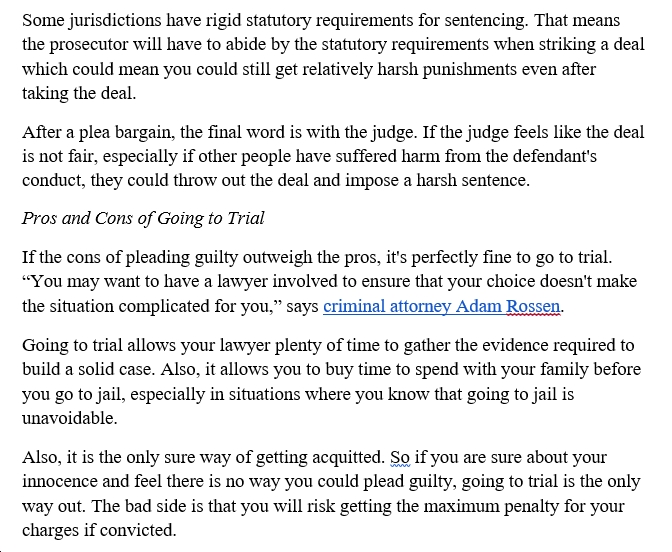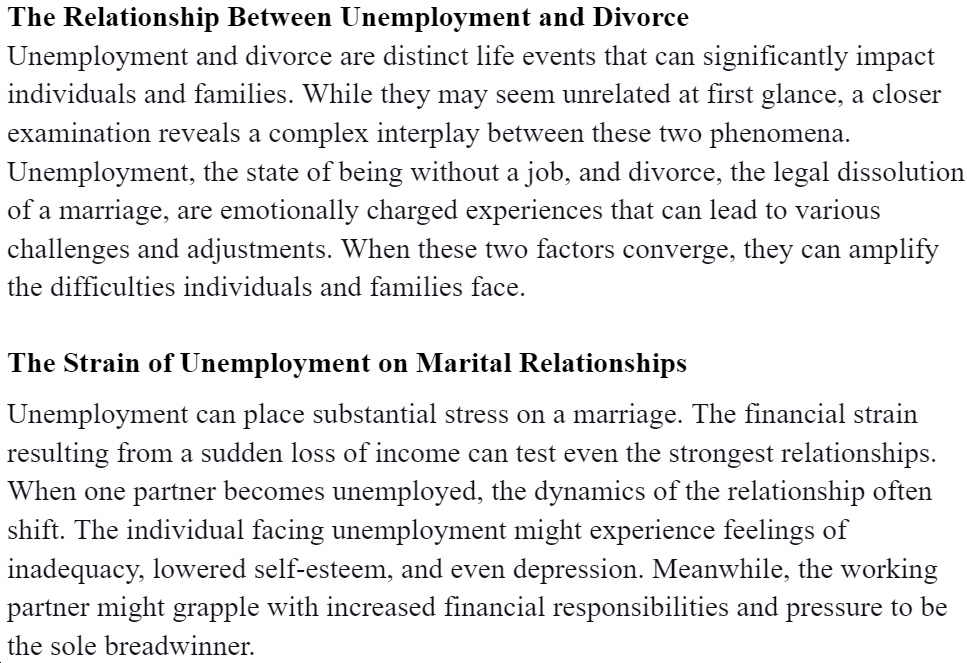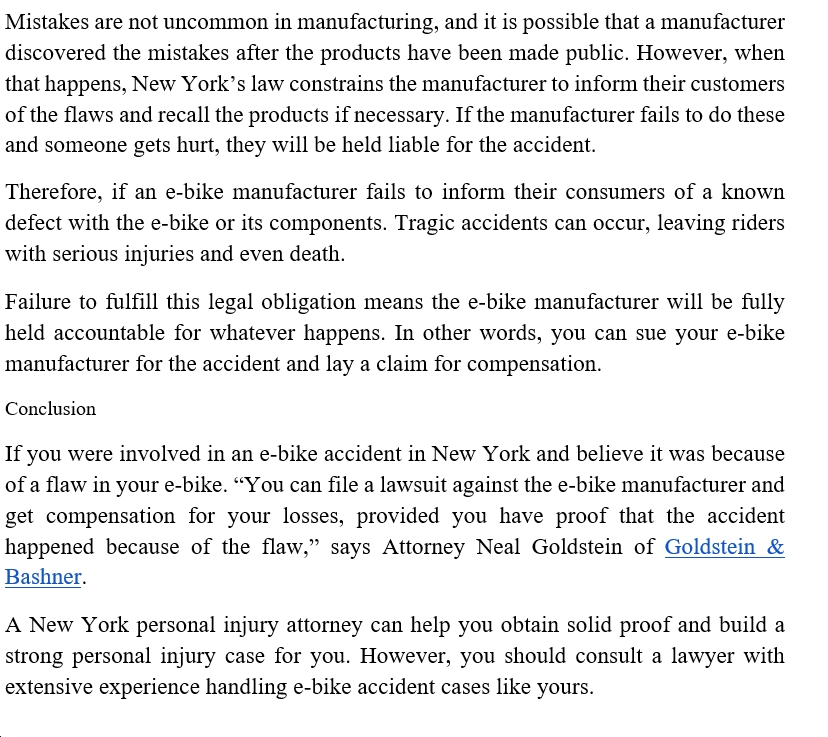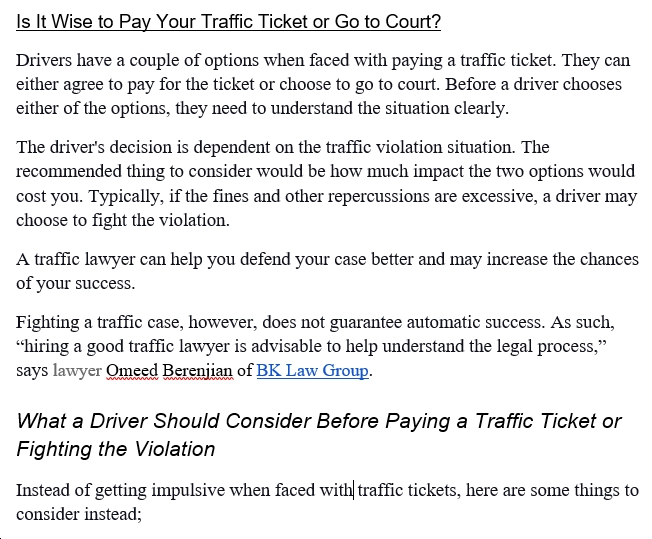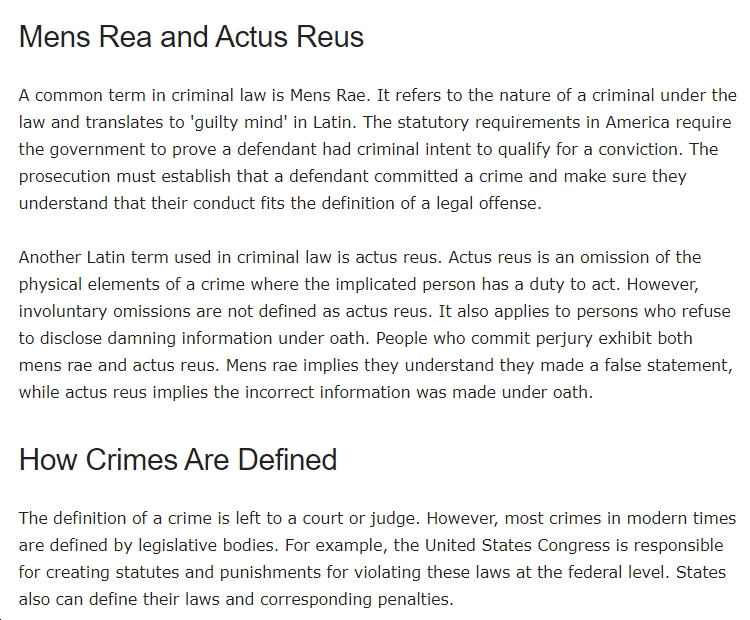SPONSORED CONTENT
Following Hurricane Irma, 12 residents of The Rehabilitation Center of Hollywood Hills died. When their power went out, so did their air conditioning, and the heat was simply too much for them to take.
That incident led former Governor Rick Scott to create new legislation for nursing homes and assisted-living facilities. They must now have generators on site, and enough fuel to keep them going for 96 hours. The law was a strong one, and one that would save many lives. However, it can only do so if nursing homes abide by it. Many still are not.
“Legislators keep giving them extensions,” says Sean Domnick of Domnick Cunningham & Whalen. “Our seniors won’t get an extension on life if another storm knocks out their power for days. We have seen the disastrous consequences that follow when a nursing home fails to comply with safety standards. It’s time for our elected officials to demand compliance and protect the public from harm.
The time for the first extension has long passed. Nursing homes and assisted living facilities were supposed to have the generators and fuel by June 1, 2018. Many were granted extensions until January 1, 2019, to have the additional equipment. Again, when there were still 444 nursing homes across the state that had not complied with the new laws in January, they were given another six-month extension.
Now that time has run out, and storm season in Florida has begun. So, what is the problem? Many like to point to the fact that nursing homes do not have the money to pay for generators or fuel. However, nursing homes are reimbursed for the cost of the generators and the fuel. Still, only 35 percent of the nursing homes are currently in compliance with the law.
Compare that with assisted-living facilities, and the problem becomes even more confusing. Unlike nursing homes, these facilities are not reimbursed for the additional equipment, although they are included in the law, as well. Still, 75 percent of assisted-living facilities have their generators and fuel ready.
The state expects to receive more requests for more extensions in the coming weeks. Unfortunately for those in the facilities that do not yet have generators, that just may not be enough.

